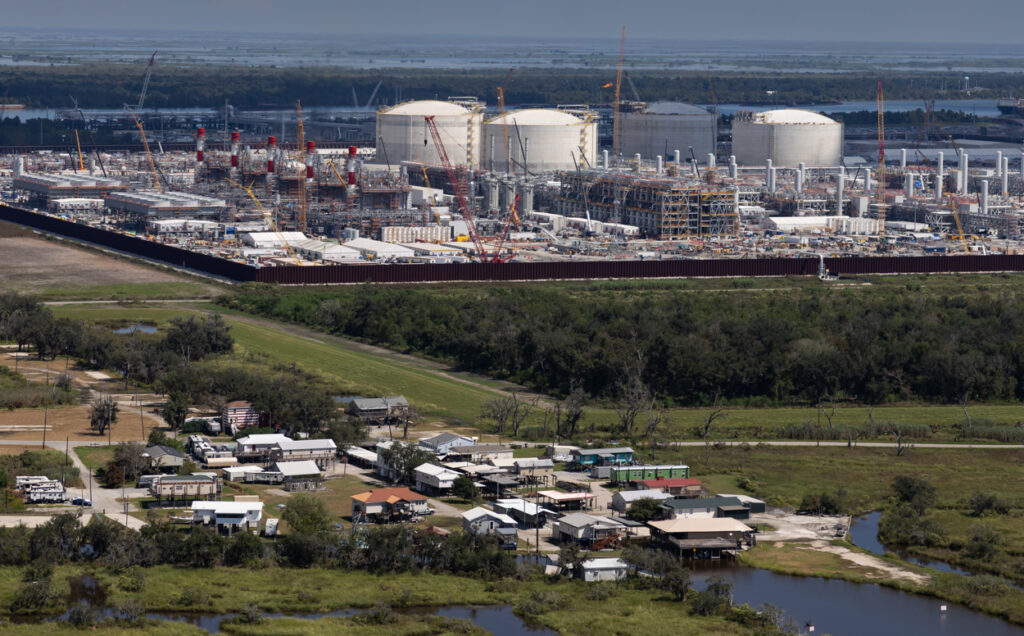Alan Mulally, chief executive officer of Ford Motor Co., told a news conference, “The vast majority of data indicates that the temperature has increased, and I believe the correlation and the analysis says that is mainly because of the greenhouse gases keeping the heat in.”
Mulally made his comments while announcing the appointment of Susan Cischke, Ford’s vice president of environmental and safety engineering, to the new post of senior vice president in charge of sustainability, environment and safety engineering. The move, Mulally said, was meant to underscore the importance of this issue to Ford’s corporate strategy.
The same day, General Motors Corp. Vice Chairman Bob Lutz urged the U.S. government to take a Manhattan Project-like approach to creating a national energy policy, bringing the best minds in the country to bear on the issue of energy sustainability and independence.
Subscribe to our newsletter
Stay up to date with DeSmog news and alerts







